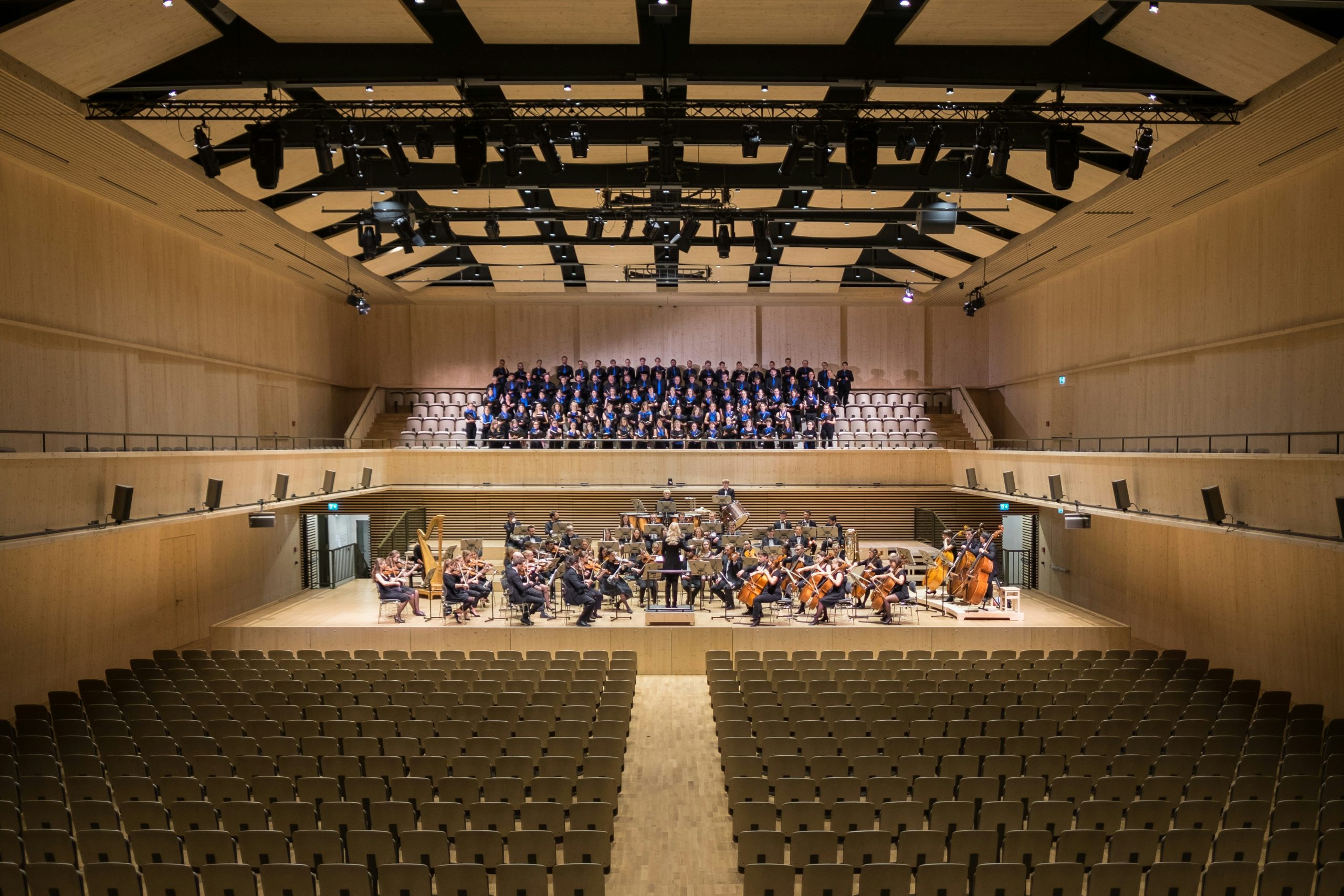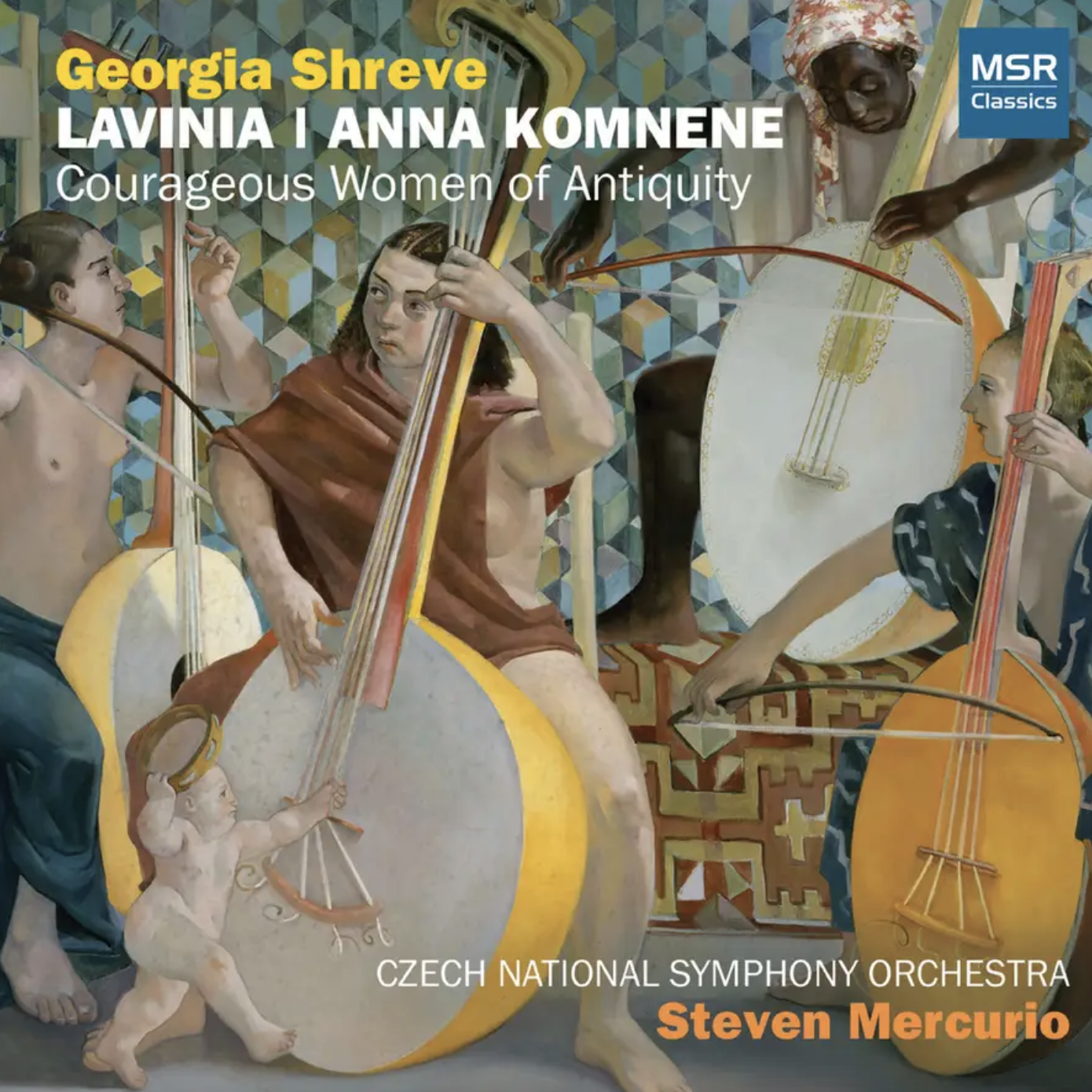In today’s fast-paced world, where pop beats and digital soundscapes dominate the airwaves, the idea of young teens listening to classical music might seem out of place. However, incorporating classical music into the lives of young people can have profound benefits that extend far beyond mere entertainment.
1. Cognitive Development and Academic Performance
Studies have shown that listening to classical music can enhance cognitive abilities. The complex structures of compositions by Mozart, Beethoven, and Bach engage the brain in a way that stimulates neural activity, improving memory, attention, and problem-solving skills. This is often referred to as the “Mozart effect,” where exposure to classical music, particularly Mozart, has been linked to temporary improvements in spatial-temporal reasoning, which can benefit subjects like math and science.
2. Emotional Intelligence and Stress Relief
Adolescence is a time of intense emotional development, and classical music can play a crucial role in helping young teens navigate this journey. The range of emotions expressed in classical compositions—from the joy of Vivaldi’s “Four Seasons” to the introspective melancholy of Chopin’s nocturnes—allows teens to explore and understand their own feelings. Additionally, the soothing qualities of certain pieces can help reduce stress and anxiety, providing a calming influence during the often turbulent teenage years.
3. Cultural Appreciation and Broadened Perspectives
Classical music offers a window into history and culture. By listening to these compositions, teens gain insight into different eras, understanding the cultural contexts in which these pieces were created. This exposure can foster a greater appreciation for history and the arts, broadening their perspectives and encouraging a more well-rounded worldview.
4. Discipline and Patience
Engaging with classical music, whether through active listening or learning to play an instrument, teaches young people the values of discipline and patience. Unlike the immediate gratification of much contemporary music, classical pieces often require sustained attention and repeated listening to fully appreciate. This process can help teens develop a greater sense of perseverance and focus, qualities that are invaluable both academically and personally.
5. Creativity and Imagination
Classical music is a powerful stimulus for creativity and imagination. The intricate melodies, harmonies, and rhythms can inspire young minds to think creatively, whether in artistic endeavors, writing, or problem-solving. The abstract nature of much classical music encourages listeners to create their own interpretations, fostering a sense of imagination that is crucial during the formative years of adolescence.
In conclusion, while classical music may not be the first choice for many young teens, its benefits are undeniable. By encouraging teens to explore this rich musical tradition, we can help them develop academically, emotionally, and culturally, providing them with tools that will serve them well throughout their lives.



